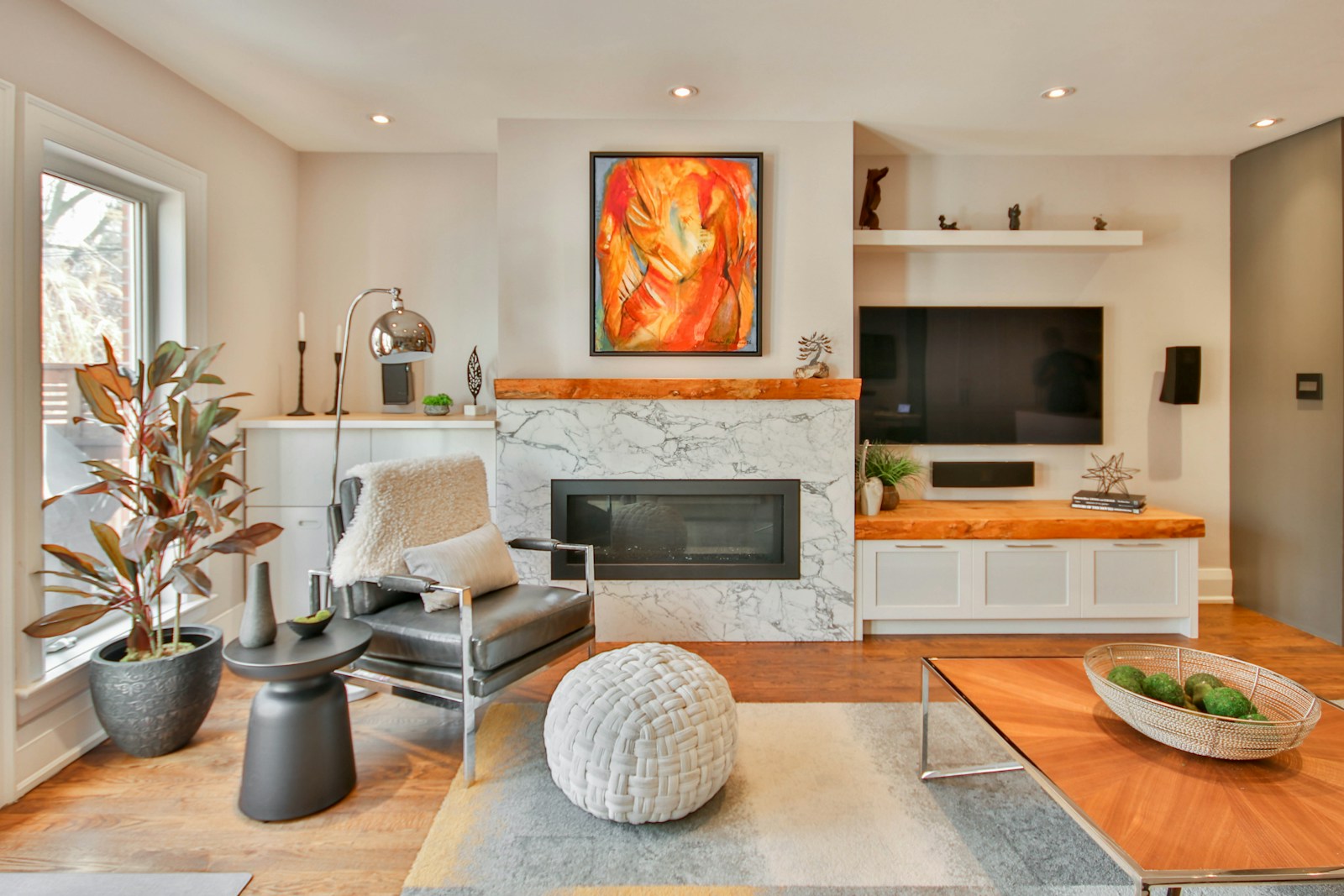
壁炉
bì lú

fireplace
This Chinese word is used the same as the English word 'fireplace'. It refers to a structure designed to contain a fire, typically used for heating a dwelling or cooking.
Example sentences using: 壁炉
他打开了壁炉。
tā dǎkāi le bìlú

He opened the fireplace.
In this context, opening the fireplace refers to starting a fire in it, or preparing it for use.
壁炉中燃烧的木头释放出温暖。
bìlú zhōng ránshāo de mùtou shìfàng chū wēnnuǎn

The wood burning in the fireplace releases warmth.
This refers to the heat generated by burning wood in the fireplace.
他们家有一个壁炉。
tāmen jiā yǒu yīgè bìlú

They have a fireplace at home.
This sentence indicates that there is a fireplace in the person's home.
壁炉旁边有一个大椅子。
bìlú pángbiān yǒu yīgè dà yǐzi

There is a big chair next to the fireplace.
In this sentence, '壁炉旁边' means 'next to the fireplace', and '有一个大椅子' means 'there is a big chair'.
冬天我喜欢坐在壁炉前。
dōngtiān wǒ xǐhuān zuò zài bìlú qián

I like to sit in front of the fireplace in winter.
This sentence describes a preference for sitting in front of a fireplace during the winter season.
我会检查壁炉以确保安全。
wǒ huì jiǎnchá bìlú yǐ quèbǎo ānquán

I will check the fireplace to ensure safety.
This sentence expresses the action of checking the fireplace for safety reasons.
壁炉使房间更温馨。
bìlú shǐ fángjiān gèng wēnxīn

The fireplace makes the room more cozy.
'壁炉使房间更温馨' refers to the idea that the presence of a fireplace enhances the cosy atmosphere of a room.
老式的壁炉很有特色。
lǎoshì de bìlú hěn yǒu tèsè

The old-fashioned fireplace is very distinctive.
This sentence appraises an old-fashioned fireplace as being distinctive or unique.
壁炉上方挂着一幅画。
bìlú shàngfāng guàzhe yī fú huà

There is a painting hanging above the fireplace.
This sentence describes the location of a painting, which is hung above a fireplace.
壁炉的火焰舞动着。
bìlú de huǒyàn wǔdòngzhe

The flames in the fireplace are dancing.
Here, 'the flames in the fireplace are dancing' is a poetic way to describe the movement and behavior of fire in a fireplace.